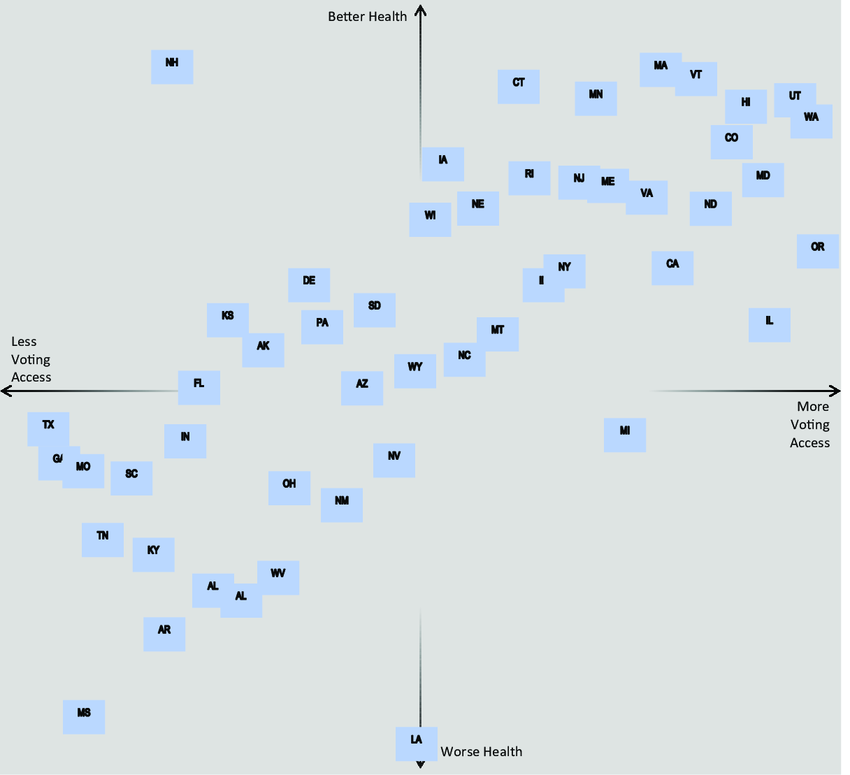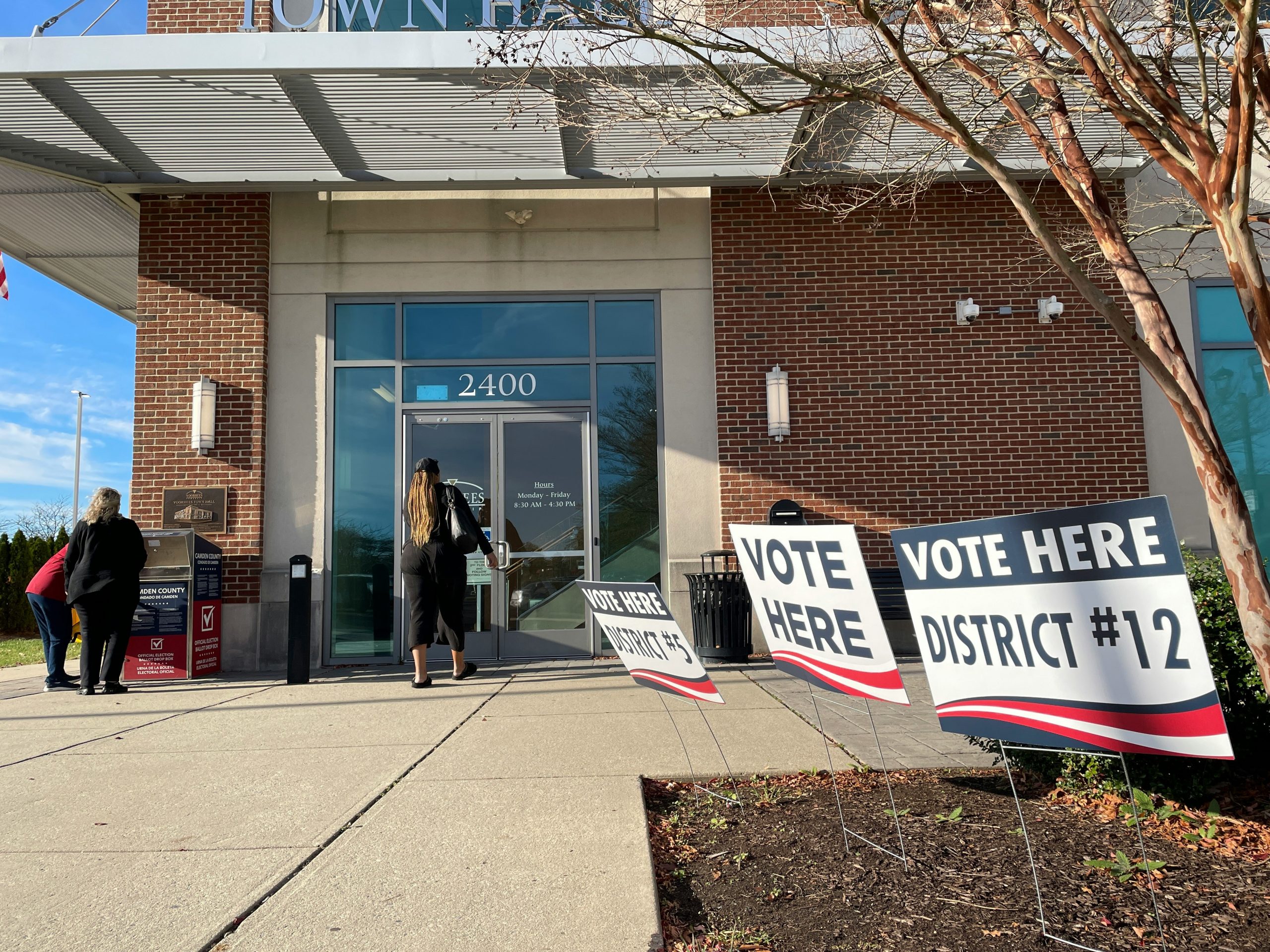Why Voting Matters
Our Vote is Our Power
Healthy democracies, where people vote in higher numbers, lead to healthy communities because elected officials are accountable to voters. Voter turnout in the United States is low due to several factors, including apathy and indifference; distrust in the election process; complicated rules and laws; and even voter suppression. Today, it is more important than ever that we exercise our right to vote in every election.
Why Voting Matters
This nonpartisan video debunks the manufactured myth that voting doesn’t matter and covers why voting is good for people, the power of the vote, the importance of voting in all elections, and how voting rights have been restricted and suppressed.
This video is the first in a series funded by the Scholars Strategy Network's Election Protection & Enhancement Program. Check out our other videos!

Elected officials pay attention to voters
Elected officials give more attention and more resources to individuals and communities that vote. Research confirms strong connections between voter turnout, resource allocation, and policy priorities at the federal, state, and local level. Areas with the lowest turnout – or what we call voting deserts – have less investment as well as higher rates of arrest and incarceration. This relationship happens both because people in neighborhoods with needs that are ignored don’t believe their votes matter, and because elected officials are not paying attention.

Voting is good for you
In 2022, the American Medical Association passed a resolution declaring voting a social determinant of health. Social determinants of health are the social, economic, and environmental factors that affect health disparities. This is one way of saying that the frequency with which you and the people in your community vote is tied to quality of life in your community. Voting is linked to higher earnings and education, better health outcomes, and lower rates of recidivism. In young people, voting is associated with more years of education, higher earnings, and a decline in risky behavior.
The Health and Democracy Index (right) compares 12 public health indicators and voter turnout to the restrictiveness of voting policies in each state.

Who votes matters
Differences in who votes in America highlight differences in access to power and resources. Voters tend to be older, whiter, and wealthier than non-voters. Because young people are underrepresented at the polls and among elected officials, issues and programs important to young people do not receive attention or resources from politicians. Those living in poverty, or those who feel financially insecure, are also much less likely to vote than those who are more financially secure. When politicians respond to voters more than non-voters, this leads to policies that benefit those with higher incomes and result in more inequality.

Defending Democracy: Voter Rights and Suppression
This video includes a brief overview of voting rights in the United States and covers who can vote in our country and how the fight for access to this fundamental right continues today.
Funding for this video was provided by Scholars Strategy Network as part of their Election Protection & Enhancement Program. Check out our other videos!
